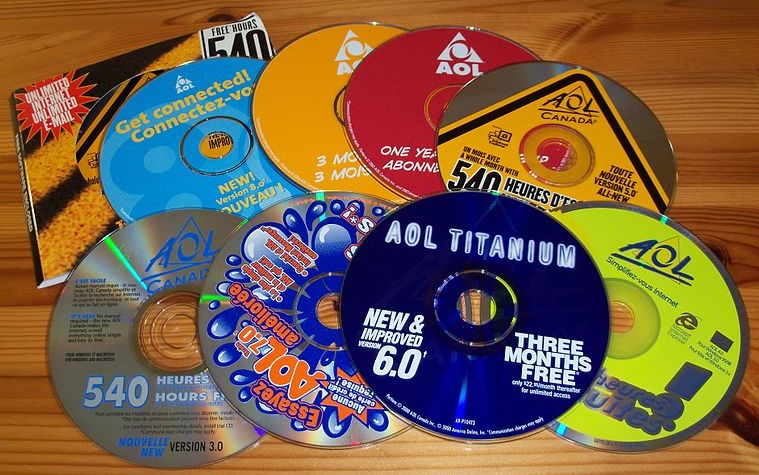Norton added a cryptocurrency miner to its security suite, but it could cost more in electricity than the returns are worth. Plus, it fries the planet. Yay?
The internet is a big place full of people who don’t necessarily have your best interests at heart. Hackers have become particularly adept in recent years at deceiving unsuspecting people into harming themselves and others, whether it’s by hijacking a computer to spread yet more spam, or even compromising critical infrastructure that costs millions to fix. A decade or three ago, the wise computer user would install software from a trusted provider like Norton Antivirus to keep eternal watch against such threats, but nowadays, the threats are changing, and so are the ways users protect themselves.
What’s a company like Norton to do, when users don’t need their product anymore? In an effort to stay relevant, they need to offer a changing set of solutions to problems that their customers may – or may not – have anymore. Kapersky, for example, offers a password manager. Avast offers a secure browser. McAfee offers a VPN and identity protection. And Norton’s new feature, added to its security software package last summer, is a cryptocurrency miner.
Seriously?

Sure, cryptocurrency is catching on in the mainstream culture, much like that era in the 1990s when the internet stopped being the domain of DARPA developers and university computer science departments and all you needed to dial in was one of those ubiquitous AOL CD-ROMs (and, of course, a credit card, once those 400 free hours were used up). There’s a cost, though, when the gates are opened up to non-experts in a field, and in this case, it’s the widely fluctuating value and vast amount of energy it takes to mine crypto.
The Norton Ethereum mining add-on may seem like a good idea to those who are hip to cryptocurrency’s extreme trendiness but who aren’t fully aware of what they’re getting into. To be sure, it’s probably a more secure way to turn electricity into chances at striking crypto gold, if you’re going to do it anyway. The cost, however, may be more than the benefit is worth.
Ethereum, like Bitcoin, is created when computers use time, electricity, and processing power to solve difficult equations or cryptographically hard puzzles. The problems get harder over time, so while early adopters can pick the low hanging fruit, people joining the mining effort later end up spending more time, electricity and power to earn less cryptocurrency. According to PCMag, one Bitcoin transaction consumes 2292.5 kilowatt hours of electricity, an amount that could power a typical U.S. household for more than 78 days. The transaction is responsible for the release of 1088.94 kg of carbon dioxide into the atmosphere, and generates nearly 290 grams of electronic waste. Bitcoin mining uses more power every year than some countries do. Ethereum isn’t great either; a single transaction eats up a week’s worth of energy for the average U.S. household.
On top of that, Norton would skim 15% off the top of any Ethereum their users do manage to mine, and other fees apply to actually add the cryptocurrency to your Coinbase wallet. By the time it’s all said and done, some users report a net loss, in terms of how much they paid for electricity (let alone wear and tear on their computers) versus how much money they made, or even losing everything they mined. On the other hand, being able to turn their customer base into a giant crypto-mining botnet is a pretty big win for Norton, who doesn’t have to pay anything for the electricity other people use, but gets to share in the fruits of their expenditures.
It sure would be nice if there were a solid way for everyday Americans to run a computer program that generates actual money that would go up, up, up, forever and ever, rescuing those savvy folks from the grind. Like all such assets, though, this too must crash. This time, though, instead of owning a tangible asset like a house, even if its value collapsed, there won’t be anything to hold at all. Just an idea, and a much hotter, more disaster-prone world.
Related: The Red Queen and the Future of Hacking


Join the conversation!